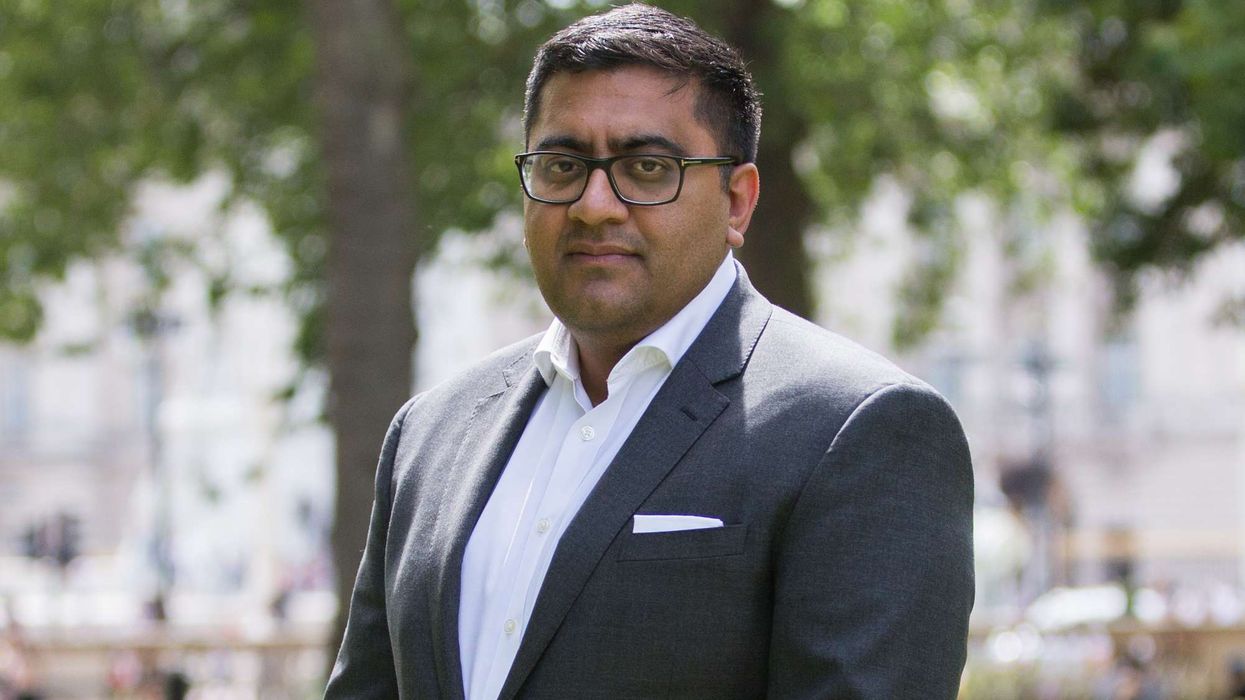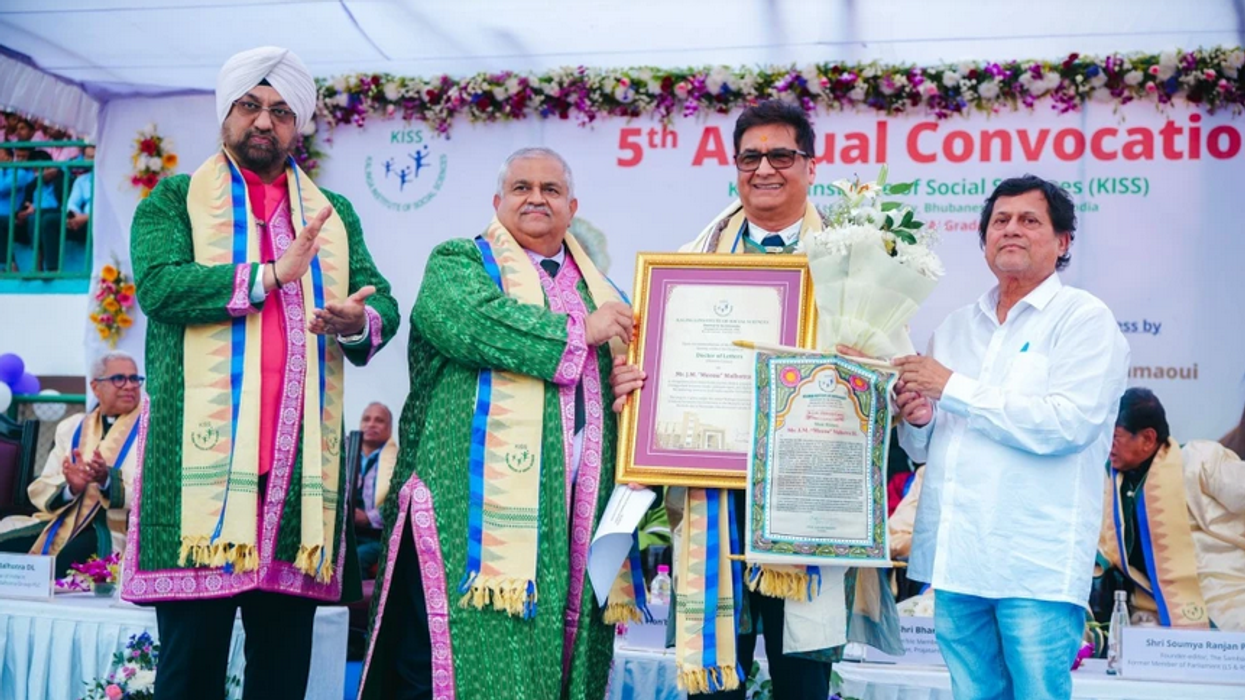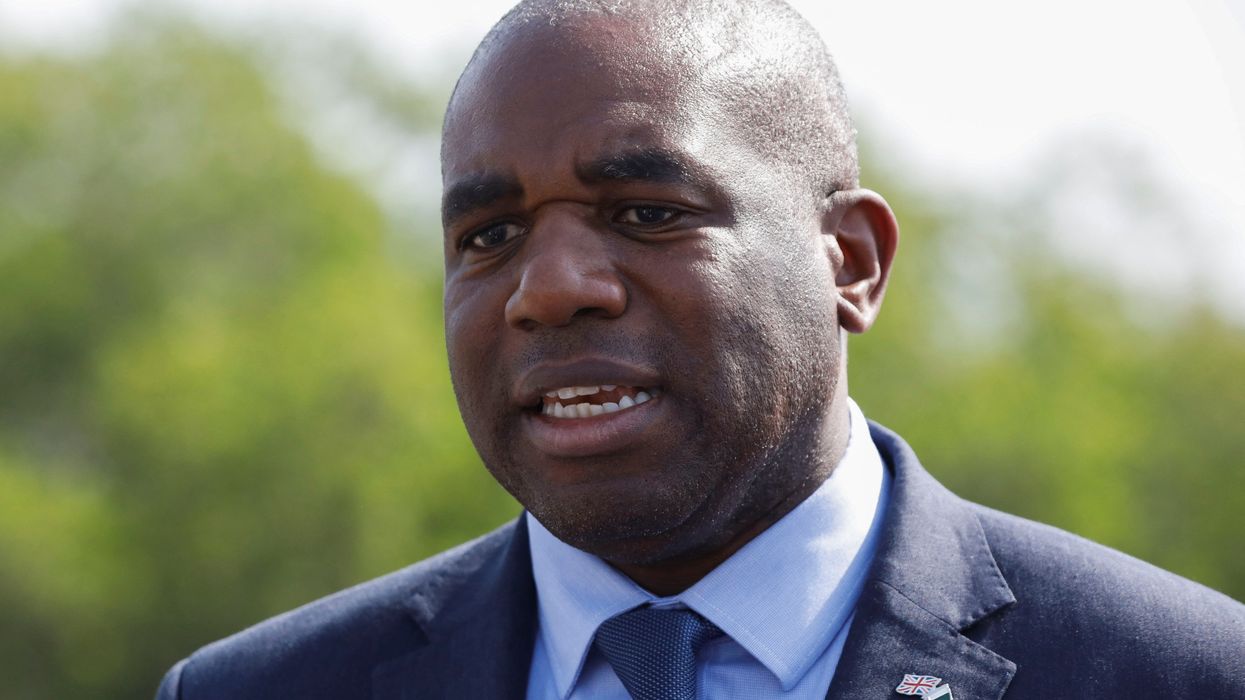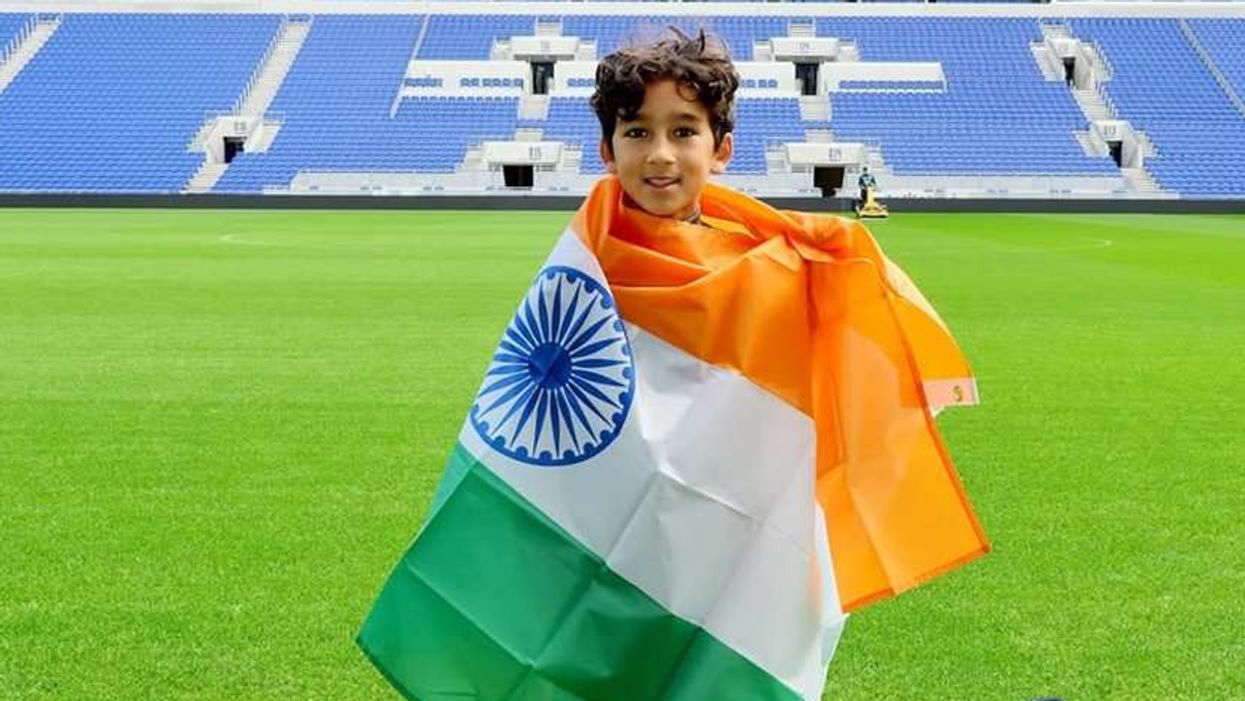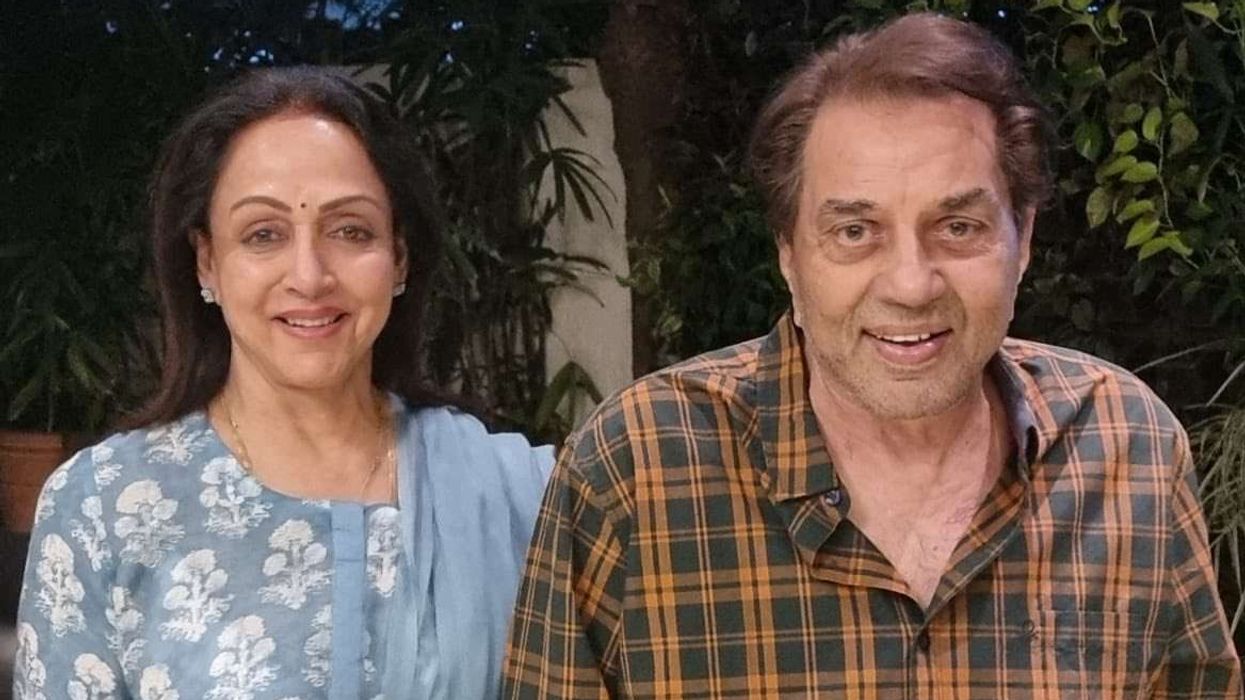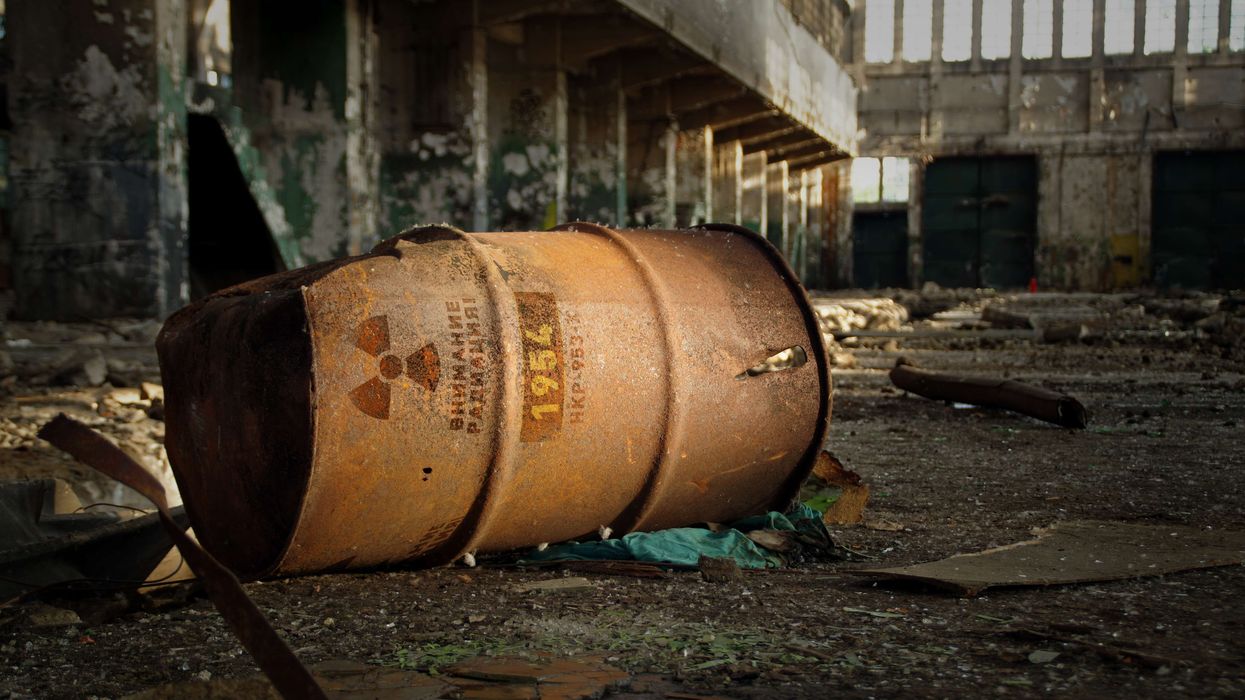A CITY Hall report has called for employers, local leaders and the government to take action to support Bangladeshi and Pakistani women into London’s workforce.
The research found that in 2022, 48.1 per cent of Bangladeshi and Pakistani women in London were economically inactive, with unemployment levels more than three times higher than men from the same communities (16.9 per cent compared with 5.5 per cent). Pakistani women in London faced a 60 per cent gender pay gap compared with men from the same ethnic group, and Bangladeshi women faced a 50 per cent gap.
Barriers identified in the report include bias in recruitment and promotion, inflexible workplace cultures, lack of childcare, exclusion from networks, unrecognised qualifications, limited digital skills and visa restrictions. Some women reported changing their names to secure interviews.
Commissioned by the Mayor’s Workforce Integration Network (WIN) and conducted by the National Institute of Economic and Social Research, the report recommends inclusive outreach, flexible working, recognition of overseas qualifications and clear progression opportunities.
Deputy Mayor for Communities and Social Justice Dr Debbie Weekes-Bernard said: “London is one of the most diverse cities in the world but shockingly too many Londoners experience huge barriers when trying to find secure, well-paid jobs. This research highlights the obstacles facing Bangladeshi and Pakistani women, and outlines how prejudice, discrimination and a lack of support severely limits their chances to succeed. We all have a role to play if we are to reduce this inequality, and from City Hall we’re working with communities, businesses and local leaders to help remove everyday barriers, including through the Workforce Integration Network and the London Anchor Institutions’ Network to build inclusive workplaces and improve access to good jobs. Only by listening to the experiences of Londoners can we build a more inclusive city, where everyone has the chance to succeed.”
Professor Adrian Pabst from the National Institute of Economic and Social Research said: “Despite having long enriched the city’s social, cultural, and economic life, Bangladeshi and Pakistani women in London continue to face entrenched structural and systemic barriers, which prevent them from accessing and advancing their chosen careers. The recommendations from our research offer practical solutions that have implications for the national effort to reduce economic inactivity.”


